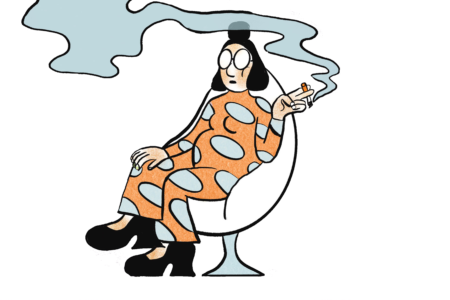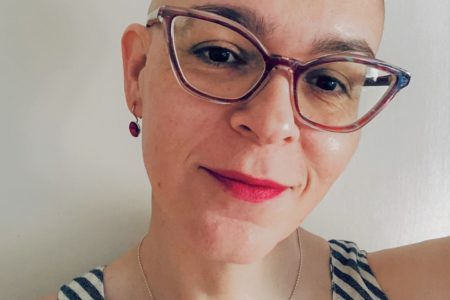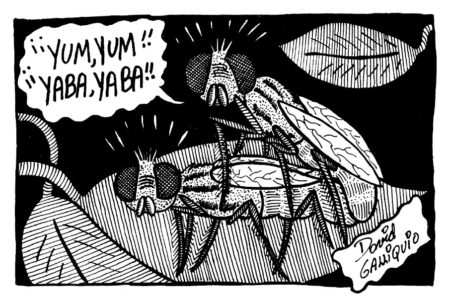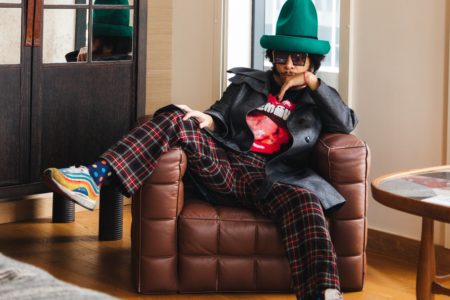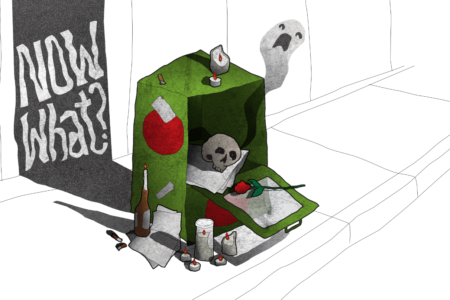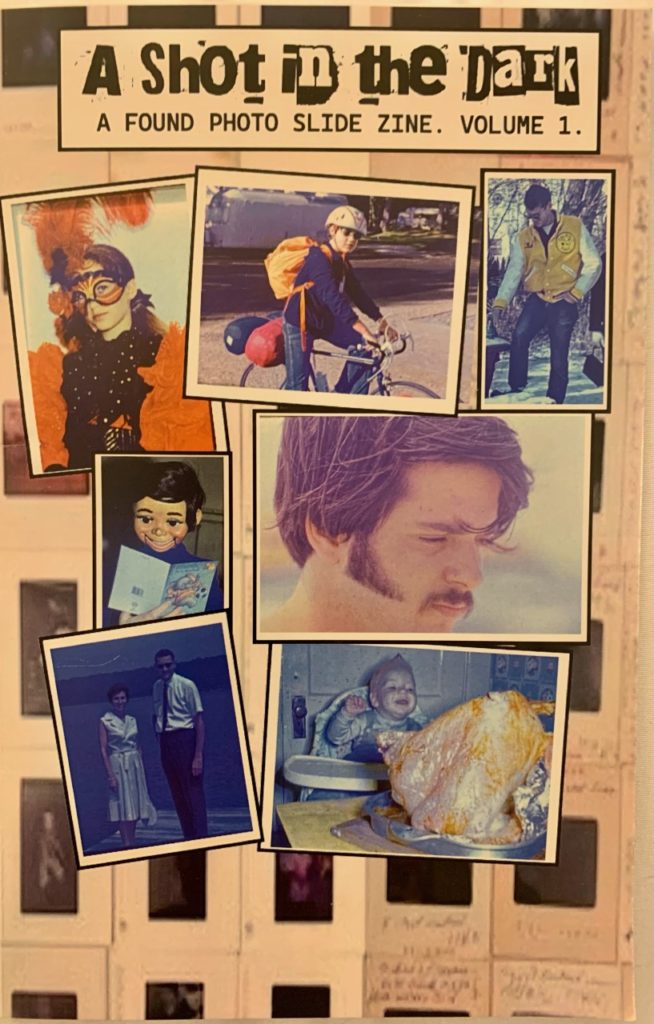
A Shot in the Dark
Artzine, Issue 1, Karin Panther, 7 pgs, @foundphotozine, $10
It’s no surprise that a thrift store junkie, hobbyist photographer, and long-time fan of Found Magazine came up with the concept behind A Shot in the Dark. Zinester Karin Panther produces this series in a quest to reunite people with their long lost photo slides. She combines analog and digital methods to scavenge and print these vintage pictures for public consumption.
The styles in these photos, some four or five decades old, is a real nostalgia kick for those of us around Karin’s age (forty). She could have done any number of things with these slides — prompts for creative writing, fodder for collage — so I admire her choice to use them for human connection in these alienating times.
Karin asks the reader to facilitate the intended reunions using the con-tent of the photos themselves as clues to locating the original slide owners. In that way, A Shot in the Dark engages you much like the true crime podcasts that are all the rage. Using a couple of collections, Karin demonstrates how you can dig up and follow the clues that, ideally, lead you to the photo subjects themselves.
Maybe I’m a pessimist, but I tend to assume that the people in old school photo slides found in “creative reuse center” bins have intentionally Marie Kondo’d them out of their lives.
Or, you know, died. But even the heart of cynic like myself is warmed by the zine’s story of a married couple discovering that they were in the same Disneyland picture as babies. It shows how whimsical and fated it can be not only to make these connections, but also to form a community of amateur sleuths.
The kicker: A Shot in the Dark comes with a slide on a keychain! Karin, you sure know how to hook a reader. Here’s hoping volume 2 comes with a deer-stalker hat and a magnifying glass.

